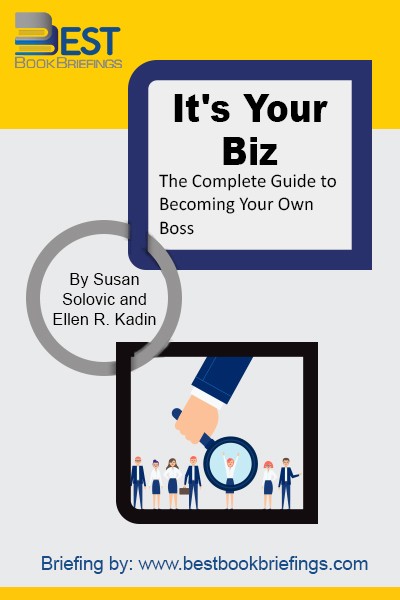It's Your Biz
The Complete Guide to Becoming Your Own Boss
Editorial Review
The recent economic recession has wrought millions of unemployed workers, an unprecedented number of home foreclosures, countless major retail brands boarded up for good, a rash of business and personal bankruptcies, and an unstable financial market. Even as the economy rebounds, there simply won’t be enough jobs available to absorb all those millions of unemployed or displaced workers. At many companies, streamlined operations have reduced staffing needs. And increasingly sophisticated technology continues to replace many job functions, further reducing the need for human capital. Millions of people need to rely on themselves and their own resources in order to provide for their economic well-being. People are fed up with working crazy, long hours for a bureaucratic entity, sacrificing balance in their personal lives and their well-being in order to line someone else’s pockets. In this new business paradigm, it’s no longer about reinventing your career or looking for creative ways to rev up your job search. Today, it’s about building your career as a freelancer, an independent contractor, consultant, small-business owner, or franchisee.
Book Reviews
Books on Related Topics
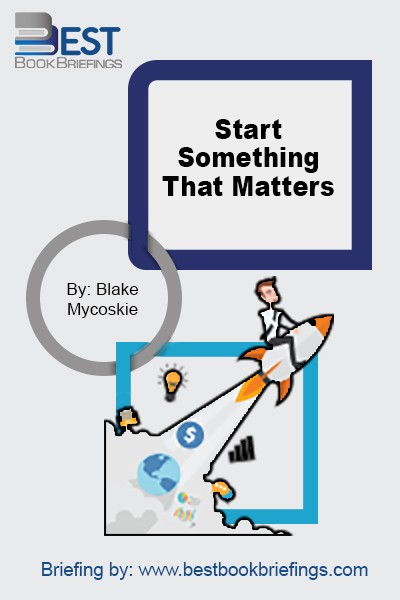
Increasingly, the quest for success is not the same as the quest for status and money. The definition has broadened to include contributing something to the world and living and working on one’s own terms. In this book, you will find some of the counterintuitive principles that have helped TOMS grow
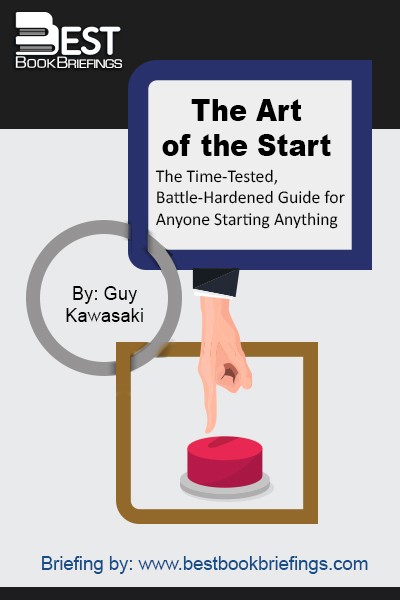
You have the idea of a lifetime and yet you do not know where and how to begin. It is a dilemma shared by entrepreneurs everywhere. So, what does it take to turn a great idea into action? The best reason to start an organization is to make meaning. Meaning is not
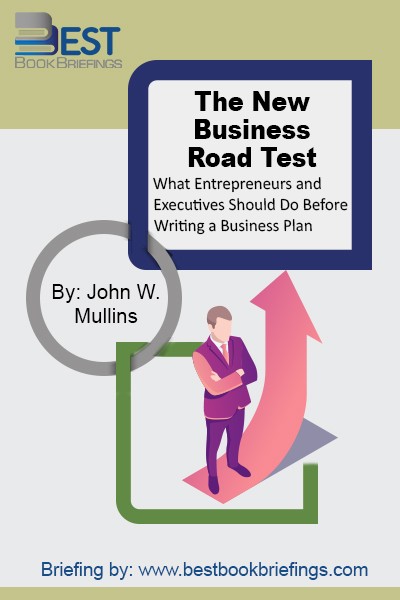
Whether you’re an entrepreneur starting your own business or an executive developing a new product or service for your company, before you even think about writing a business plan, make sure you’ve checked all the fundamentals first. At least, give your new business a fighting chance if you don’t want to
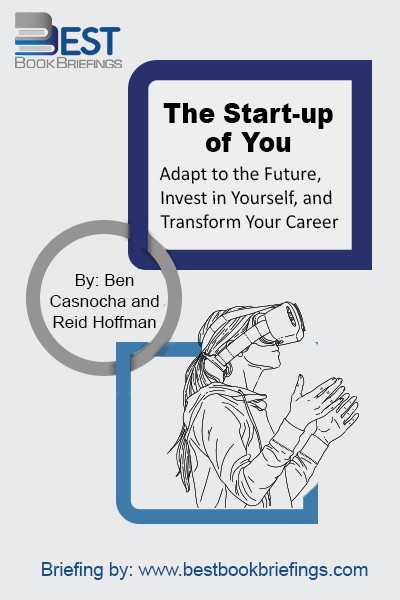
In the last quarter of the 20th century, startups thought they knew the correct path for the startup journey. They adopted a methodology for product development, launch, and life-cycle management almost identical to the processes taught in business schools for use in large companies. Yet at the end of the day,

